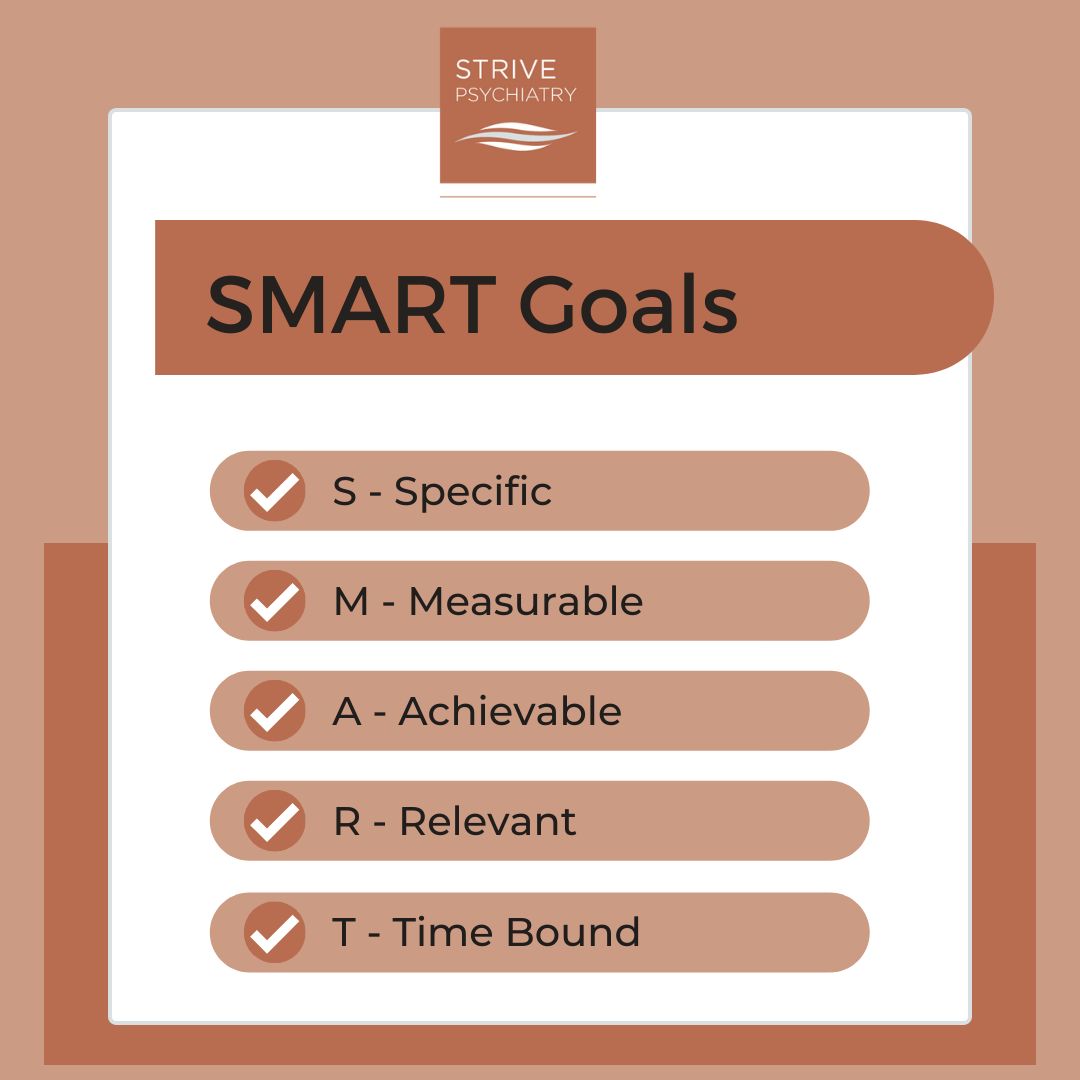Time Management is more than just a skill to put on your resume, it is a way to balance out all the aspects of daily life. This includes high productivity times and winding down. Too often, stress, boredom, and deadlines upset that balance. This changes what was supposed to be a highly productive hour into an hour of scrolling through Reels on Instagram. Not only is this frustrating, but it can lead to trouble in both work and home life. How do you build time management skills to avoid this? In this blog post, we cover 3 steps to a more productive and engaged day by highlighting:
- Starting on the right foot
- What to do when you lose momentum
- How to balance productivity with rest and recovery.
Starting on the right foot

Wake up a little earlier
Starting your day off right can set you up for success later in the day. Feeling rushed, skipping breakfast, and speeding through the commute creates stress that can carry through to the rest of the day. While waking up early may not appeal to the night owls, this small adjustment can take relieve a lot of pressure first thing in the morning. Use this extra time to slowly enjoy a cup of coffee and watch the sunrise, or elect to start a workout routine. These routines not only set the day up for success, but studies show that waking up early could reduce the risk of developing depression. Start by setting an alarm 15 minutes earlier, then 30, and work your way to your desired wake-up time.
Have a planner, app, checklist, journal
When building time management skills, it helps to have a solid and organized plan of attack. The execution of this can be done in a variety of ways. Many people find the action of checking something off of a list to be very rewarding, while others like to have a reminder system of what tasks need to be completed. If you are the creative type, a bullet journal is a great way of keeping track of your day and a great way to practice some self-care. Here is a short list of some free scheduling tools that you can use to maximize your day:
- Todoist – A simple, intuitive to-do list with reminders that you can share between people, great for busy families.
- Asana – Highly visual, feature-packed project management platform
- Clickup – Much like Asana, but also has a goal feature that tracks your progress as you complete steps toward achieving goals
- Pomofocus – This is a timer application that helps you divide time into productive time and break time. While it is very simple, it has the aim of helping those who are overwhelmed or unmotivated in their daily projects.
Prioritize your workload
Everyone has a time during the workday that they are most productive. It is important to identify this time and put the tasks that take a long time or a lot of focus into this time slot. Often, this high productivity time can become muddled with small, less important tasks. Take a few minutes at the beginning of every day and determine what projects or tasks are the most important. Build your time around those tasks and fill in the gaps with the appropriate amount of low-priority tasks and breaks.
Setting great goals
Having a solid goal can help push you through the slow and unmotivated times. It is important to set SMART goals. SMART is an acronym that stands for Specific, Measurable, Achievable, Relevant, and Time-Bound. All of which are important considerations when setting daily, quarterly, and yearly goals. Set aside some time to think about what goals you wish to accomplish, both during work and after. Break down your goal into tasks and structure your day around them. Write down your goal and place it somewhere where you will see it every day. Set motivating rewards for when you complete major milestones. All of these tips are great ways to make, maintain, and achieve your goals.

When you start losing momentum

Losing momentum is not a personal failure – it is another facet of building time management skills. Here are a few ways you can bust through a slump, beat your procrastination, and rev back up again.
Take breaks
Though this seems a little counterintuitive, it is so important to step away from a problem if you feel like you are stuck. Stand up. Stretch out. Drink some water. Take a walk down the street. Enjoy the fresh air. It is easy to get so wound up in a problem that it feels like you are beating your head against a wall trying to find a solution. Taking a break can help clear your mental space and offer a nice reset. Make sure this break is a positive experience. To ensure this, it may be helpful to step away from your phone and social media for the duration of your break.
Can you do it for ten minutes?
Sometimes the hardest part of a task is getting started. One famous example of this is creating an exercise routine. Many regular gym visitors say that the hardest part of their fitness regimen is getting to the gym, once they get there, the rest is simple. A great way to overcome this hurdle is to commit to only doing a task for ten minutes. This makes it easier to start the task, and many find once they get started they can continue to complete the task. If, after the ten minutes is completed, you still are struggling, it may be time to switch tasks. It is important to commit fully to ten minutes – focus your full attention on the current task and see how you feel when the ten minutes are up.
Delegate!
Getting hung up on tasks or spreading yourself too thin are great ways to lose motivation and develop poor time management skills. Not only this, but it can lead to feeling constantly overwhelmed and hurriedly slapping together projects. It is okay to ask for help and delegate work to other members of your team. If you are a team of one, reexamine your goals to see if you can have a more even and realistic workload. Talking with a boss or manager can be very helpful as well. It can make for a toxic work environment if you don’t have any support and a seemingly endless pile of things to do. If this is the case for you, it may be time to reflect on your career goals and dreams. Your mental health is important, and if your job doesn’t allow you to take care of that, then it may be time to leave.
If work is causing significant stress or problems in your life, it may be time to see a mental health professional. Reach out to us today to start your healing journey!
20-20-20 Rule for Computer Users
Eye strain and tension headaches can be a huge problem for those who regularly sit in front of a screen all day. A simple and easy rule – known as the 20-20-20 rule – can help to alleviate these problems. What you do is every 20 minutes, spend 20 seconds focusing your eyes on something 20 feet away. It may help to stand up and move around to accomplish this, especially if you can focus on something that you find beautiful and inspiring (e.g. a beautiful tree, or a piece of art.)
Post-Productivity Time

Make time to do some things you love
No one should have to feel 100% productive all of the time. Too much work stress can quickly lead to burnout, which can tank your motivation and lead to developing unhealthy time management habits. To bring your best self to work every day, it is crucial to practice some self-care. This doesn’t have to be bubble baths and chocolate though. Analyze the things you enjoy that make you feel fulfilled, inspired, strong, or whole, and then do those things. If you are feeling stuck, here is a few ideas to get you started:
- Grab a camera and go on a hike
- Tidy up that space that has been bothering you
- Meditate or pray
- Plan a vacation
- Make your favorite healthy meal
- Call a loved one
- Spend some quality time with your significant other
- Give your pet a little love
- Lift some weights, but stay within your limits
Make a habit of practicing a little self-care every day!
Enforce your boundaries
While your goal may be to focus and engage all of the time at work, it is important to have clear lines for what work you do after hours. This may mean muting a group messaging app after you clock out, or choosing to not check your work email while on vacation. Ask yourself what you are willing to commit to after-hours, and be sure to stick to the boundaries you set.
If you want to set some work boundaries, but don’t know where to begin, check out our blog post dedicated entirely to setting and maintaining healthy boundaries.
Go to bed a little earlier
If you are starting to wake up a little earlier, it is crucial to get into bed a little earlier. Experts recommend that adults get 7-9 hours of high-quality sleep every night. Lack of quality sleep not only leads to a rough day, but many studies show link mental illness and sleep deprivation. Too often, sleep is not a high priority. Make some sleep goals and try to stick to them!
Have a wind-down routine
It is one thing to say “get a good night’s sleep” and another thing entirely to accomplish it. This is where sleep hygiene is crucial. Sleep hygiene is the practice of preparing yourself to get the best night of sleep possible. While there are many elements to practicing good sleep hygiene, here is the essence:
- Create a space that is conducive to a good night’s sleep
- Make sure your bedroom is dark, comfortable, and quiet
- Remove any nonessential distractions
- Ready your body for sleep
- Choose not to have any caffeinated beverages in the 6 hours before you plan on going to sleep
- Reduce alcohol intake before you plan on going to sleep
- Slow down and relax the hour before bed
- Limit screen use the 30 minutes before bed
- Build healthy and consistent habits
- Try to go to bed and wake up at the same times every day
- Regularly exercise – this can improve the quality of your sleep
Waking up feeling refreshed, rather than exhausted, sets you up for an excellent day – both at work and home.
To wrap up
Time management skills are more than a few tips and tricks to be efficient. These skills are a series of behavior and life choices for better, more productive, and fulfilling days. Starting with small improvements and taking steps every day will yield big changes. If you are struggling to manage your time well, know that you are not alone. Every day is a chance to learn, grow, and succeed. Don’t let the boring, overwhelming days keep you down. Follow the steps outlined in this post and see what amazing things you can accomplish.

